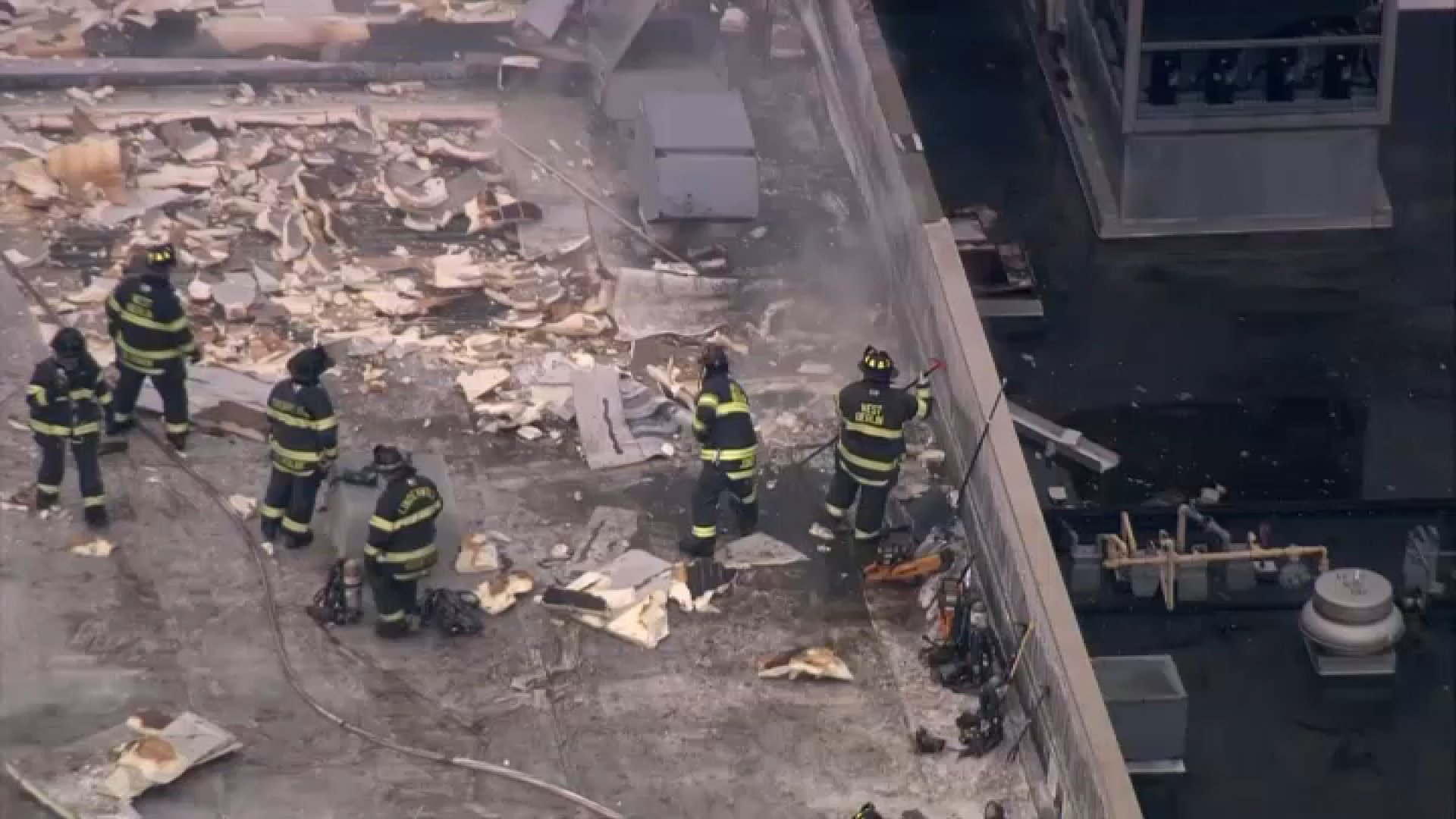Philadelphia’s latest coronavirus surge may have already peaked, but a continued drop in infections will depend largely on the actions that everyday people take, the city’s top doctor warned Wednesday.
As of Jan. 25, Philadelphia was averaging 996 new infections a day, Health Commissioner Dr. Cheryl Bettigole said. That figure is still too high, but it represents a steep drop from the average 2,000 new daily cases seen last week and the 3,570 new daily cases reported Jan. 12, she said.
Meanwhile, the number of hospitalized people who were infected with COVID-19 as of Jan. 25 was 912 – 30% lower than last week, Bettigole said.
“The thing to be weary of is that omicron is still 98% of what we’re seeing in Philadelphia. It’s highly contagious, so our ability to maintain this drop in case count depends on what people do,” she warned.
Get Philly local news, weather forecasts, sports and entertainment stories to your inbox. Sign up for NBC Philadelphia newsletters.
Key to maintaining the drop in infections and hospitalizations will be masks, vaccinations, quarantining when infected or exposed to infected individuals and the avoidance of indoor gatherings when possible, Bettigole said.
Though studies suggest the omicron variant causes milder symptoms than other COVID-19 variants, omicron is also more transmissible. The U.S. has seen a surge of infections in the last few weeks, which has overwhelmed hospital systems across the nation.
The Centers for Disease Control and Prevention responded recently by updating its mask guidelines. Now, people "may choose" to wear well-fitting N95 and KN95 masks, which offer more protection than cloth and other types of masks.
Local
Breaking news and the stories that matter to your neighborhood.
Omicron, however, continues to circulate.
Bettigole said that while city leaders have begun having conversations regarding what an “offramp” would look like in terms of rolling back pandemic restrictions, the case counts are still too high to remove the restrictions currently in place.
And, while many may be frustrated at the limits imposed to curb COVID-19, Bettigole urged people to continue to take precautions.
“This doesn’t mean sit home all the time, never to see anybody,” Bettigole said. “It means manage your risk – fewer people, masking more, being outside more, doing things that are safer at least so that we as a city don’t skyrocket the way we did.”



